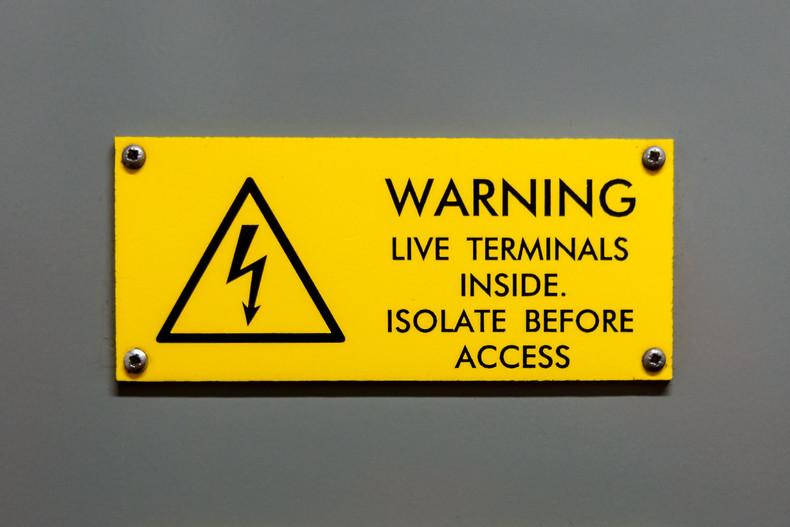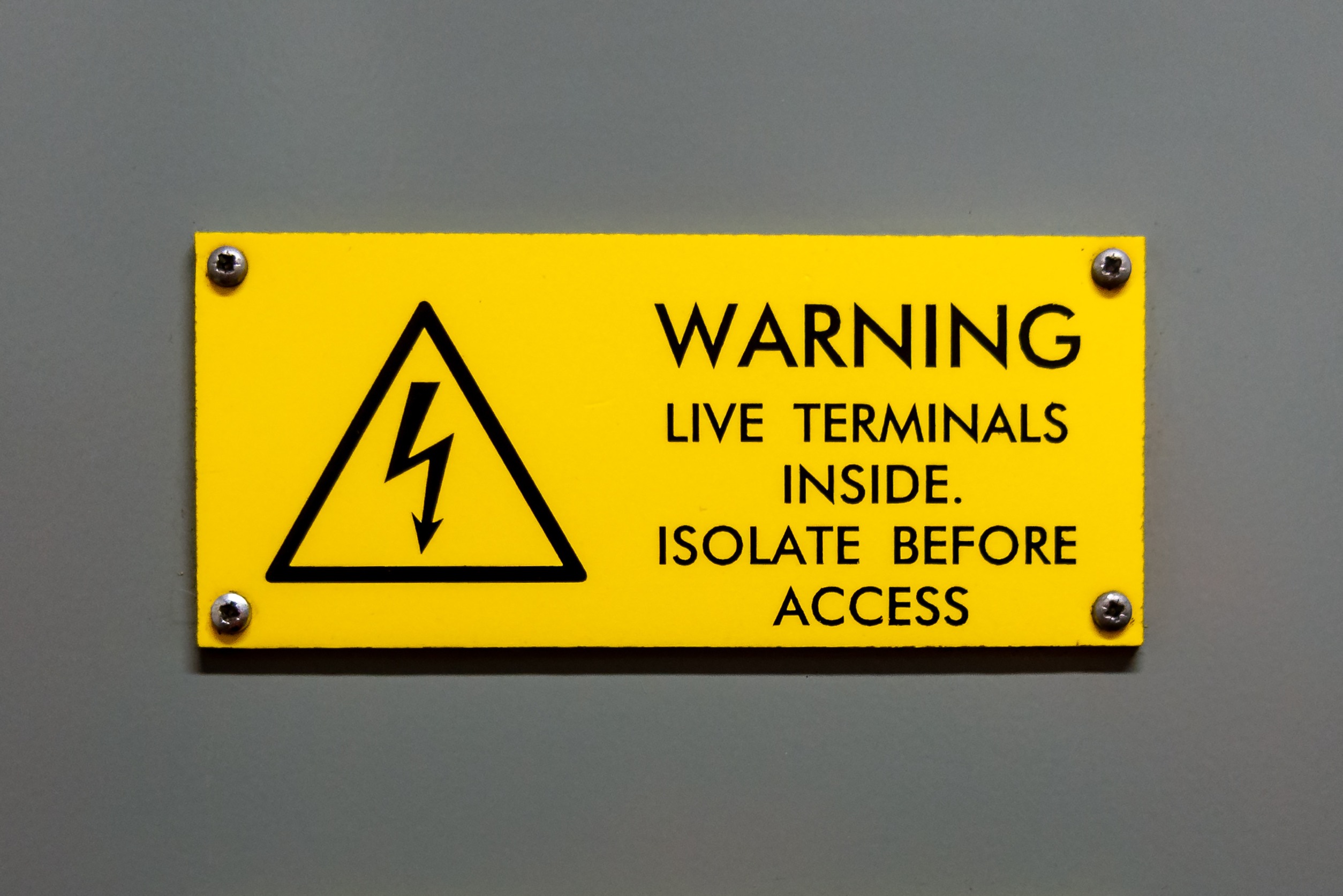
Electrical Safety Workplace
Electricity and electrical energy are vital components of modern workplaces. It powers every aspect of our work, from the lighting that helps us see to the equipment that helps us get the job done. Unfortunately, electrical power can also be incredibly dangerous when not handled correctly.
Every year, workplace electrical accidents cause thousands of injuries and even fatalities. As such, it is essential for workplaces to prioritize electrical safety tips, both to protect their employees and to comply with legal and regulatory requirements.
Understanding the Importance of Electrical Safety in the Workplace
When it comes to electrical safety in the workplace, the stakes are incredibly high. The consequences of an accident can be life-altering, not just for the victim but also for their families, coworkers, and the business as a whole.
It is important to understand that electrical accidents can happen to anyone, regardless of their level of experience or expertise. Even the most skilled electricians and technicians can fall victim to electrical accidents if they are not careful.
The Consequences of Electrical Accidents
The consequences of electrical accidents can be severe. They can range from electrical burns and electric shock injuries to fatal electrocution. These accidents may also result in fires and explosions, which can cause further damage and injury.
It is important to note that electrical accidents not only affect the victim but also their families and coworkers. The emotional and financial toll of an electrical accident can be significant, and it is something that no one should have to go through.
Injuries from electrical accidents can also have long-term effects. Victims may experience psychological trauma, chronic pain, and physical disabilities that can hinder their ability to work and lead a fulfilling life. This is why it is crucial to take electrical safety seriously and take all necessary precautions to prevent accidents from happening.
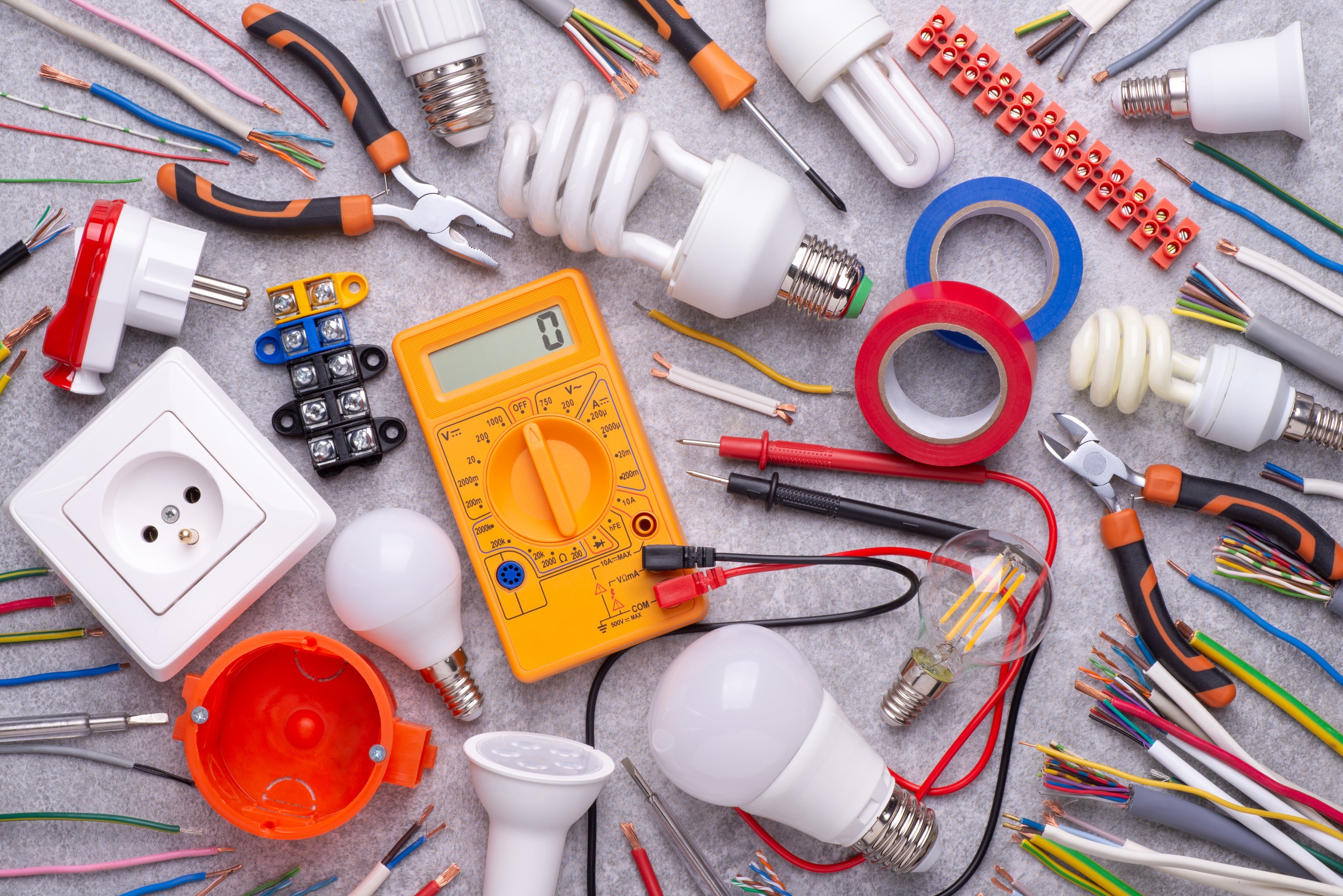
Legal and Regulatory Requirements
Aside from the moral obligation to provide a safe working environment, businesses are also required by law to comply with electrical safety regulations. These regulations are designed to protect workers and ensure that businesses are taking the necessary steps to prevent electrical accidents.
Electrical safety regulations, such as the National Electrical Code (NEC), set standards for the installation, operation, and maintenance of electrical equipment and systems. They cover everything from the proper installation of wiring to the correct use of personal protective equipment (PPE).
It is important for businesses to stay up-to-date with these regulations and ensure that their employees are trained on how to comply with them. Failure to comply with electrical safety regulations can result in fines, legal action, and reputational damage.
Benefits of a Safe Working Environment
In addition to complying with legal requirements, having a safe working environment can benefit businesses in various ways. For one, it can improve employee morale and productivity. When workers feel safe, they are more likely to be engaged in their work and perform better.
Furthermore, a safe working environment can help businesses avoid costly accidents, lawsuits, and insurance claims. A single electrical accident can result in significant financial losses for a business, not to mention the reputational damage that comes with being known for unsafe work practices.
Finally, having a safe working environment is simply the right thing to do. Every worker deserves to feel safe and protected while on the job, and it is the responsibility of businesses to provide that protection.
Overall, electrical safety in the workplace is not something that should be taken lightly. By taking the necessary precautions and complying with regulations, businesses can create a safe and productive work environment for their employees.
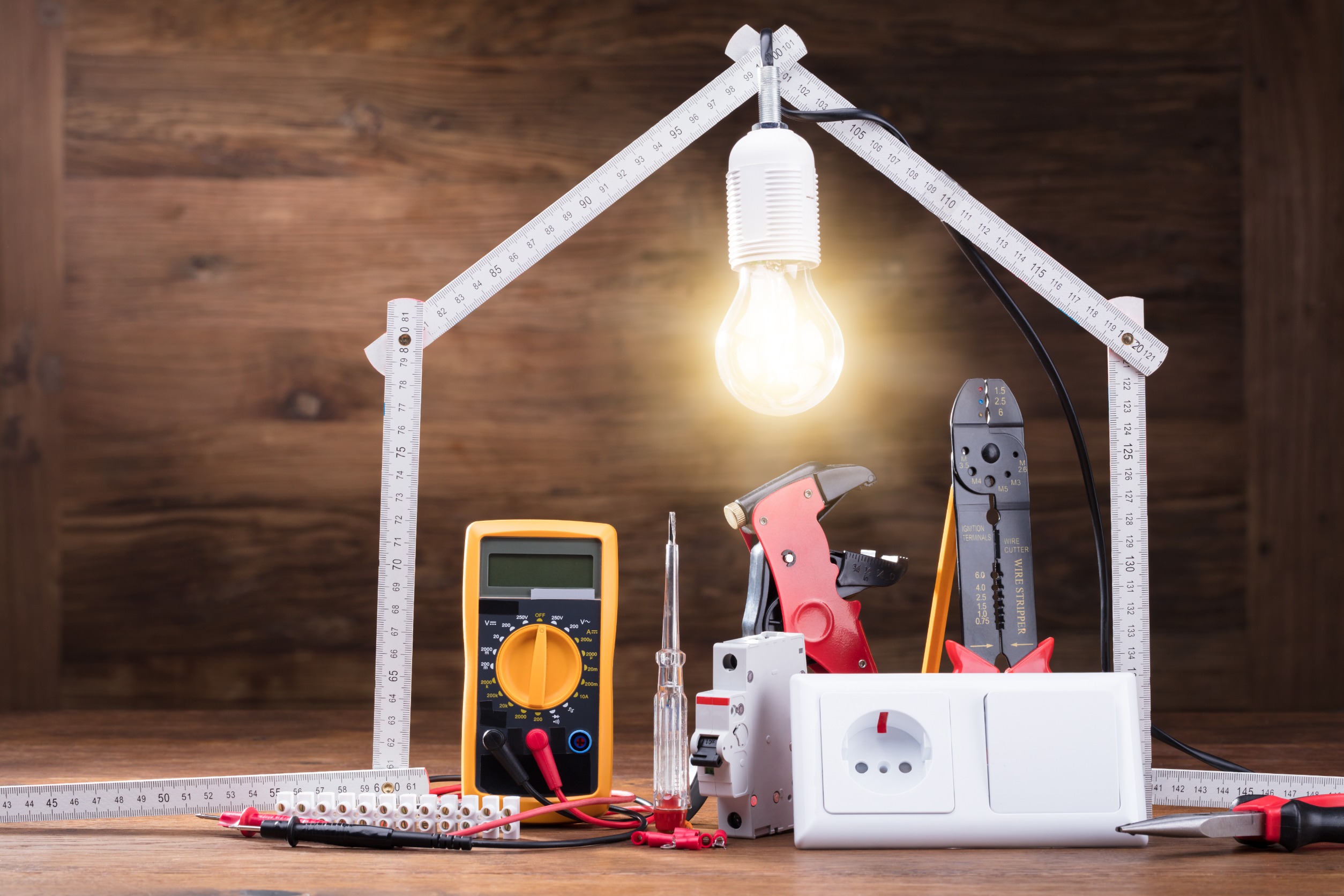
How to Identify a Common Electrical Hazard
Identifying and addressing common electrical hazards is the first step in creating a safe working environment. Some of the most common electrical hazards that workplaces face include:
Damaged or Frayed Cords and Cables
Over time, electrical cords and cables can become damaged or frayed, which can increase the risk of electrical shock and fires. It's essential to inspect cords and cables regularly and replace any that are worn or damaged.
Overloaded Circuits and Outlets
Overloading circuits and outlets can lead to electrical fires. To prevent overloading, workers should be trained to use electrical equipment safely and not overload outlets or breaker boxes.
Improper Grounding and Bonding
Proper grounding and bonding with ground fault circuit interrupters is essential to protect workers from electrical shock. Faulty grounding or bonding can lead to electrical shocks and fires. It's important to ensure that electrical systems have proper grounding and bonding with the use of a ground fault circuit interrupter.
Unsafe Use of Extension Cords
Extension cords should only be used temporarily and not as a permanent solution. Unsafe use of extension cords, such as daisy-chaining multiple cords together or using them in wet or hazardous conditions, can lead to electrical shocks and fires.
Implementing Electrical Safety Best Practices
Preventing electrical accidents requires a proactive approach. Employers should implement electrical safety best practices, including:
Regular Inspection and Maintenance of Electrical Equipment
Regular inspection and maintenance of electrical equipment can prevent electrical accidents caused by equipment failure. Workers should be trained to identify signs of wear and tear on electrical equipment and report any issues to a supervisor.
Proper Use of Electrical Tools and Devices
Employees should be trained on proper use of electrical tools and devices, including how to operate them safely and what PPE is necessary. Proper use of tools and devices can prevent injuries caused by misuse.
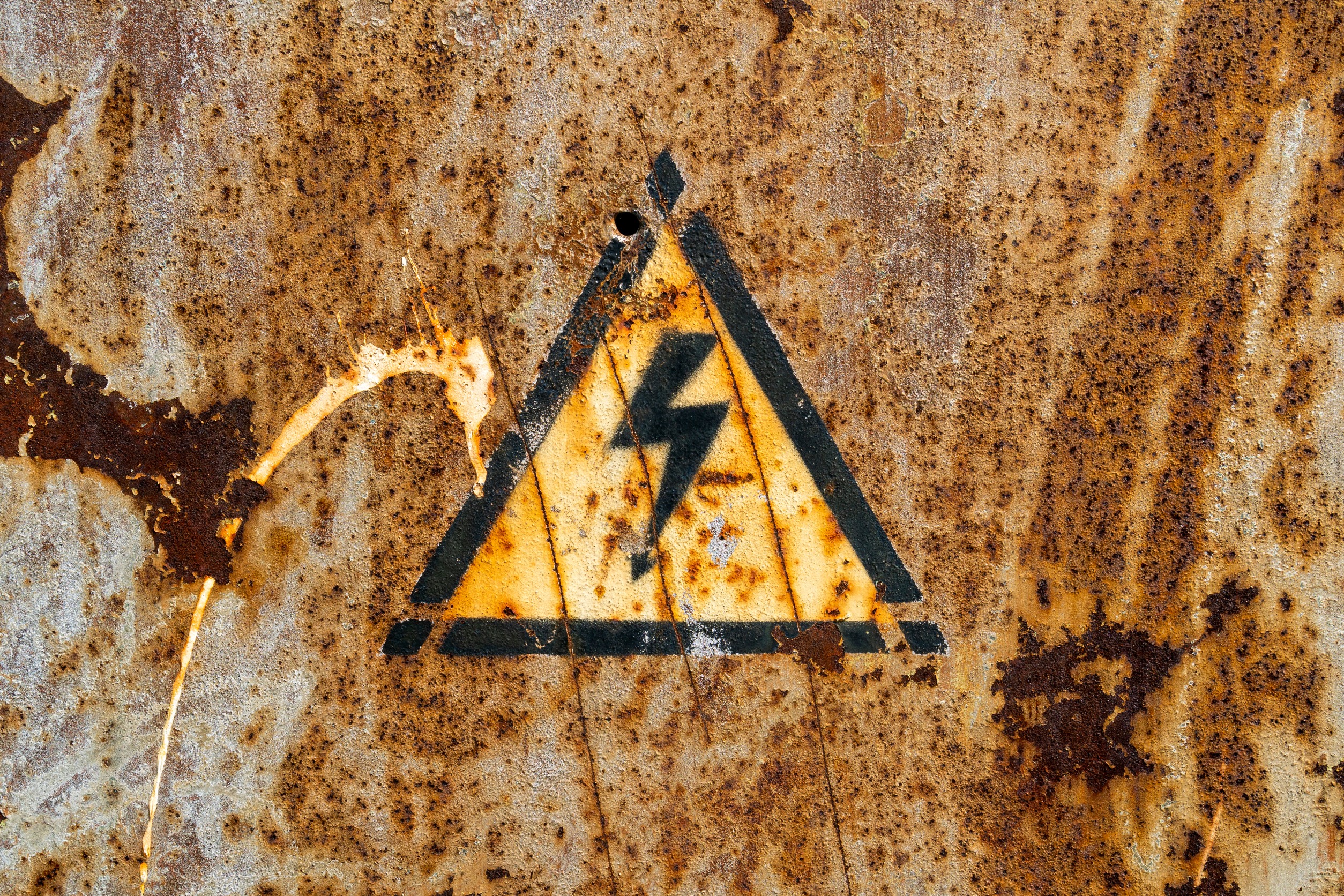
Training Employees on Electrical Safety Procedures
Training employees on electrical safety procedures is essential to prevent electrical accidents. Employees should know how to identify potential electrical hazards, how to use electrical equipment safely, and how to respond in case of an electrical emergency.
Implementing Lockout/Tagout Procedures
Lockout/tagout procedures are essential for preventing electrical accidents. Lockout/tagout procedures ensure that electrical systems and equipment are shut down and de-energized before maintenance or repair work is carried out.
Personal Protective Equipment (PPE) for Electrical Safety
PPE is the last line of defense against electrical accidents. Employees who work with or around electrical equipment should be provided with appropriate PPE. Some examples of PPE for basic electrical safety include:
Insulated Gloves and Footwear
Insulated gloves and footwear can protect workers from electrical shocks by preventing electricity from passing through their bodies. Workers who work on or near live electrical equipment should always wear appropriate insulated gloves and footwear.
Flame-Resistant Clothing
Flame-resistant clothing can protect workers from fires caused by electrical accidents. Workers who work with or around electrical equipment that produces sparks should wear flame-resistant clothing.
Safety Glasses and Face Shields
Safety glasses and face shields can protect workers from electrical arcs and flashes that can cause eye injuries. Workers who work with or around electrical equipment that produces arcs or flashes should wear appropriate eye protection.
Proper Selection and Use of PPE
It's essential to select the appropriate PPE for the task at hand and ensure that workers use it correctly. Employers should provide proper training on PPE selection and use to prevent accidents caused by incorrect or inadequate PPE.
Are You Looking for Custom ADA Signs?
When it comes to signs in your business, nothing is more important than following the many demands listed in the Americans with Disabilities Act (ADA). If you’re struggling to maintain expectations or have no idea where to start, don’t panic – ADA Central is here to save the day with custom-made ADA signs.
Contact us by calling (308) 221-8226, emailing sales@adacentral.com, or check out our online catalog today. If you need something custom-made or have a specific design in mind, don’t hesitate to reach out to our team – we’ll make sure you get exactly what you need!

